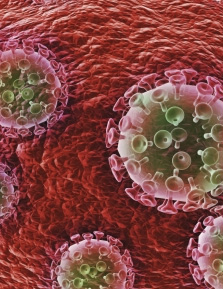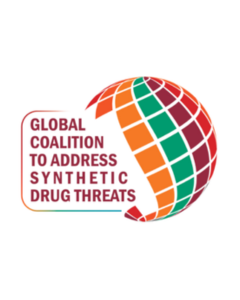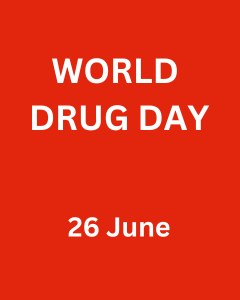Associated Press
3-Day UN Special Session on Drug Policy Starts Tuesday
Dave Bryan
Apr 19, 2016
http://abcnews.go.com/US/wireStory/day-special-session-drug-policy-starts-tuesday-38498281
The first U.N. special session to address global drug policy in nearly 20 years is expected to feature a debate over whether countries should emphasize criminalization and punishment or health and human rights.
Hundreds of government officials, representatives of non-governmental organizations and individuals from civil society will attend when the General Assembly convenes Tuesday for a three-day special session at U.N. headquarters on the world drug problem.
Since the last special session on the topic in 1998, which ended with the lofty but unattainable goal of ridding the planet of illegal drugs by 2008, a growing number of government officials, drug policy analysts and individuals have criticized the international drug control system.
Last month, The Global Commission on Drug Policy — whose members include former presidents of Mexico and Brazil, as well as former U.N. Secretary-General Kofi Annan and Virgin Group founder Richard Branson — said in a statement that discussions in Vienna drafting the special session’s outcome document relied too heavily on an outdated law-and-order approach that emphasizes criminal justice and prohibition.
The group argued that the emphasis should instead be on alternative approaches to fighting the problem, including decriminalization, abolishing capital punishment for drug-related offenses and a focus on treatment.
An open letter to U.N. Secretary-General Ban Ki-Moon last week was signed by more than 1,000 people, including Democratic presidential candidates Hillary Clinton and Bernie Sanders, financier Warren Buffett, several U.S. senators and artists including rock star Sting. It said the war on drugs has failed and calls for a shift in global drug policy from emphasizing criminalization to health and human rights.
The letter, also signed by former presidents of Mexico, Colombia, Brazil, Switzerland and others, said that for decades, governments have focused resources on repressing drug use, resulting in the imprisonment of millions of people, mostly the poor and ethnic minorities, and mostly for non-violent offenses.
Ethan Nadelmann, executive director of the New York-based Drug Policy Alliance which organized the open letter, predicted Mondaythat this week’s session would be a notable improvement from the 1998 U.N. General Assembly Special Session, where “A Drug Free World: We Can Do It” was the official motto.
But he also said it will be disappointing in terms of where global drug policy should be in 2016. Some member states in Vienna stuck to traditional criminalization approaches, even as others including the U.S., no longer champion a global drug war.
Still, he said, “All sorts of seeds were planted that will mature and blossom in coming years.”
In a speech to the Third Ministerial Anti-Drug Conference in Moscow earlier this month in advance of the special session, the Secretary-General seemed to emphasize an approach that integrates both drug eradication as well as alternative approaches, saying the meeting in New York will provide a “forum to consider a full range of options.”
“Only an integrated development, security, governance, public health, and human rights-centered approach can effectively address the challenges posed by the world drug problem,” Ban said.




